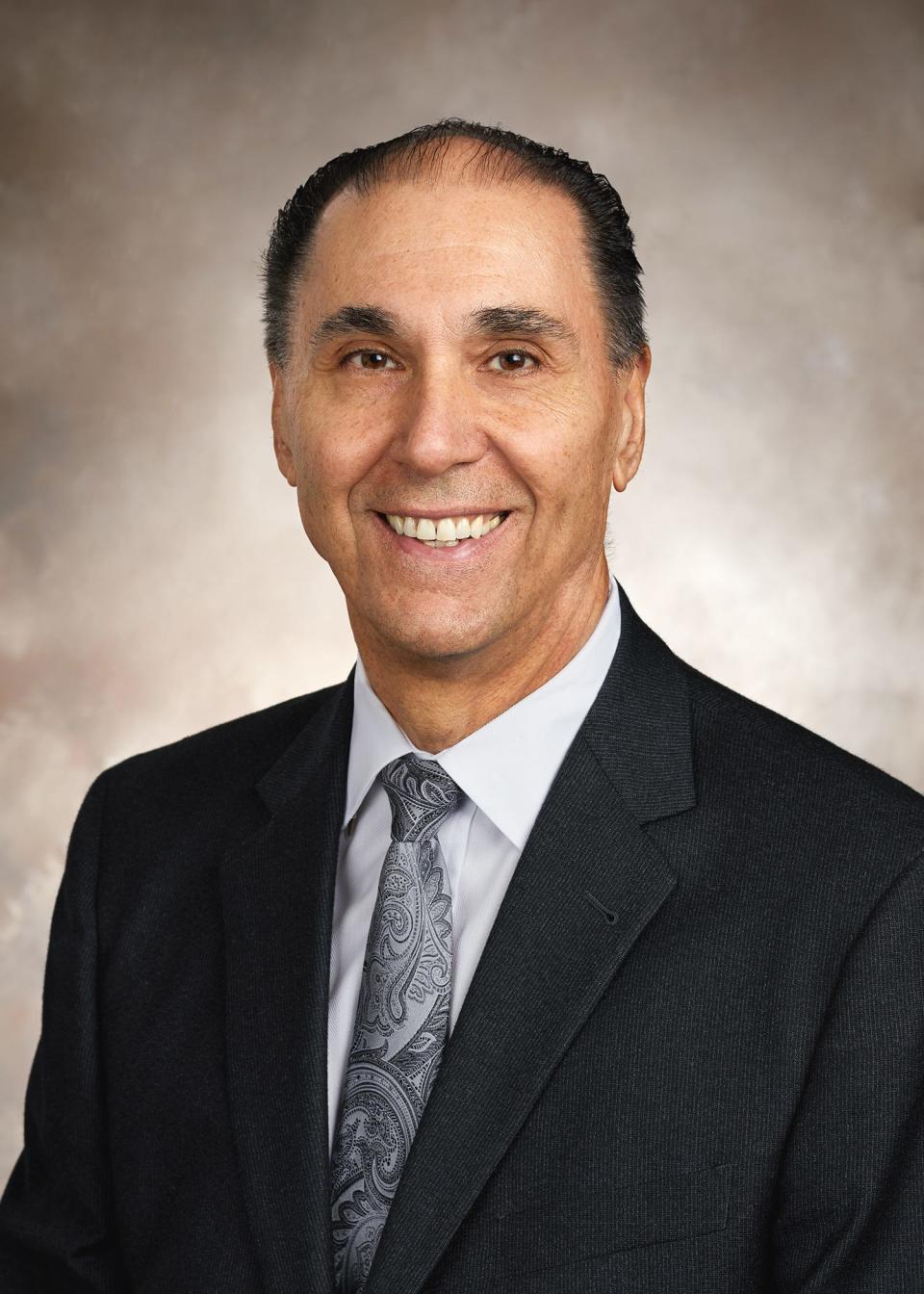Lee Health: It’s American Heart Month
The No. 1 killer of men and women and the leading cause of death for people of most racial and ethnic groups is heart disease, and it has been for more than 100 years. Interestingly, though, according to the American Heart Association and a Harris Poll survey they commissioned in November 2023, more than half of the respondents (51%) did not identify heart disease as the leading cause of death in the U.S. The awareness gap on the prevalence and significant impact of heart disease raises the question of whether people understand heart disease and the risk factors for it.

Heart disease is a bucket term that refers to several types of heart conditions. When it comes to the risk factors, there are some you can control—like whether you smoke, how much you drink, what you eat and how much you weigh—and others, like your family history and genetics, that you can’t.
At Lee Health, we want to help you understand your personal risk factors and instill heart-healthy habits. Eating a heart-healthy diet and getting regular physical activity are vital to your heart health. Exercise, especially, can improve cholesterol levels, help control blood pressure and weight, and promote psychological well-being, reducing depression and anxiety.

We recommend keeping regular appointments with your primary care doctor to track and manage your blood pressure, weight, cholesterol and any other chronic conditions, like diabetes. Talk to your doctor and healthcare team, too, if you need extra help quitting smoking, cutting back on drinking or improving your diet. Your primary care doctor can help you stay as healthy as possible with appropriate screenings, vaccinations and referrals to specialists should you need them.
In the event you need more complex heart care, the Lee Health Heart Institute is home to the largest and most experienced team of cardiologists and heart surgeons in Southwest Florida.

February is American Heart Month, and our team at the Lee Health Heart Institute wants to remind you to focus on your heart health. We want you to understand the significance and prevalence of heart disease, know your risk factors and empower you to take control of what you can so you can live a heart-healthy life.
More information on heart health can be found on our website, too, at LeeHealth.org/our-services/cardiology/education-prevention. Here you can read about how to prevent certain heart conditions, get to know definitions and terms, and get answers to common questions.
More Lee Health: TeleHealth e-Visits – An efficient, affordable option for non-emergency care
And Lee Health: Helping you find the right place for the best care
Larry Antonucci, M.D., MBA is the president & CEO of Lee Health, Southwest Florida’s major destination for health care offering acute care, emergency care, rehabilitation and diagnostic services, health and wellness education, and community outreach and advocacy programs. Visit LeeHealth.org to learn more.
This article originally appeared on Naples Daily News: Lee Health: It’s American Heart Month

